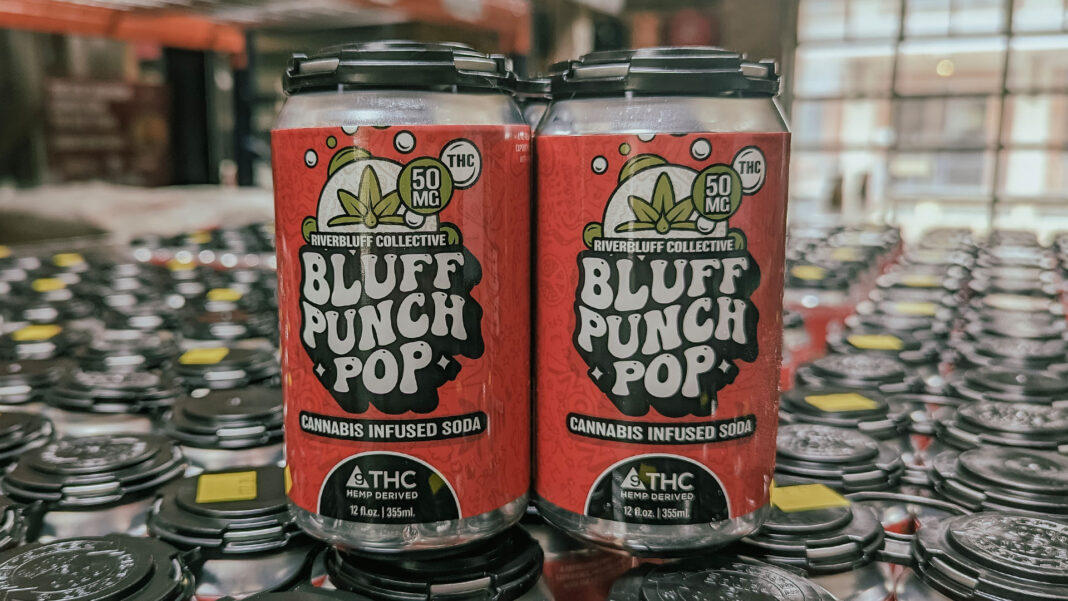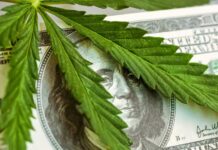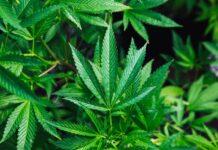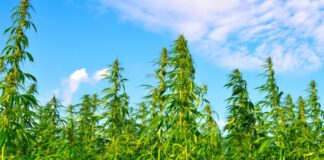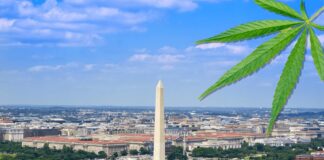After years of hesitation, major alcohol producers are reevaluating their stance on cannabis-infused beverages as consumer tastes shift and traditional booze sales continue to decline.
A growing number of top alcohol brands—including Constellation Brands and Pernod Ricard—are quietly exploring entry into the booming market of hemp-derived THC drinks, a dozen industry insiders told Reuters. These beverages, containing small doses of the psychoactive compound in cannabis, are increasingly stocked in liquor stores, convenience outlets, and even supermarkets in states where marijuana remains illegal.
While cannabis drinks sold in state-licensed dispensaries are still restricted to 24 states where recreational marijuana is legal, hemp-derived THC—federally legal under the 2018 Farm Bill—has opened a new front for beverage innovation. That’s the segment drawing interest from Big Alcohol.
The shift comes as beer, wine, and spirits makers struggle with post-pandemic slumps and increasing health warnings around alcohol. According to recent industry data, U.S. beer volumes have dropped nearly 6% this year, while spirits and wine are down 5.6% and 9%, respectively. With shrinking margins and shifting consumer preferences, cannabis beverages offer a potential lifeline.
Hemp-based THC seltzers are expected to generate over $1 billion in U.S. sales this year, a figure projected to quadruple by 2028, per Euromonitor. Tilray Brands, the fourth-largest U.S. craft brewer, has already entered the space, selling hemp-infused seltzers in 13 states through traditional alcohol distribution channels.
“There’s not a real leader that’s taken ahold of the market so far,” said Tilray CEO Irwin Simon. “That’s what we look to do.”
Boston Beer, known for Sam Adams, has been testing its THC-infused “Teapot” brand in Canada and reformulating it for potential U.S. sales. Meanwhile, liquor chains like Minnesota’s Top Ten Liquors report that cannabis beverages now account for 15% of sales—poised to rival wine in market share.
Still, regulatory ambiguity looms. Some states have restricted or banned hemp-based THC drinks, and federal lawmakers like Sen. Mitch McConnell are pushing for tighter controls. Yet despite past missteps and shifting rules, many in Big Alcohol see a promising path forward.
“It could be as big as the other categories in five to ten years,” said Ryan Moses, CEO of Best Brands. “We’re not just watching—we’re preparing.”
Read the whole article from Reuters Here.


